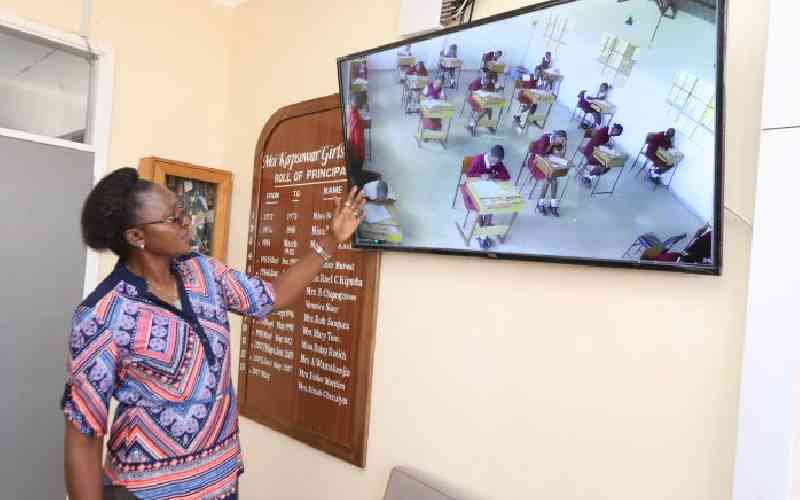×
The Standard e-Paper
Fearless, Trusted News

MPs on Thursday failed to table evidence on examination rigging claims, raising questions about their probe.
Education Cabinet Secretary Ezekiel Machogu, Basic Education PS Bellio Kipsang and Kenya National Examinations Council (Knec) officials pressed MPs to present tangible evidence that last year's Form Four national examinations were infiltrated.